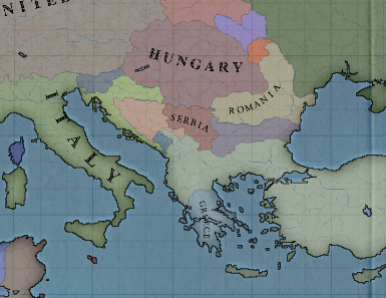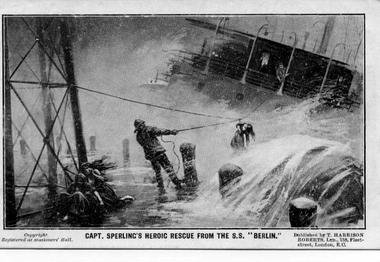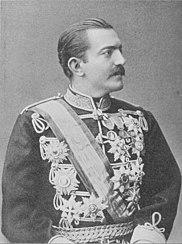Nice update, North America is very interesting (is that Acadia?) but im not sure what to make of the UG caving in to those 'rebels' so fast, I mean so other groups could say 'Hey we want independence too and all we gotta do is blow something up?!?! Lets do it!'. Interesting nonetheless.
Certainly, although Galician partition had been on the cards for years. Certainly the government would have to crack down on this behaviour.
Here - http://forum.paradoxplaza.com/forum...-1836-1936&p=15556759&viewfull=1#post15556759Wait wait wait, when did the Manhattan Commune form?
Good! I hope you enjoy the next update!Don't worry The B, I promise I won't go mad
Edit: This AAR now has twenty pages and twenty-two chapters! It has about 66,500 views and is currently the 16th most viewed non-interactive AAR. I hope to keep this up, and move this ever onwards. Thank you to everyone who has followed me so far, I couldn't (and probably wouldn't) do it without you!
Last edited:





